On the morning of February 17, the National Assembly discussed the draft Resolution on piloting a number of policies to remove obstacles in science, technology and innovation activities. The provision on exemption from liability was an issue of concern and opinion for many delegates.
Not every failed study is exempt from liability.
Speaking at the discussion, delegate Trinh Xuan An (Dong Nai delegation, Standing Member of the National Defense and Security Committee) expressed his agreement with the regulation on exemption from civil liability for individuals and organizations conducting scientific and technological research.
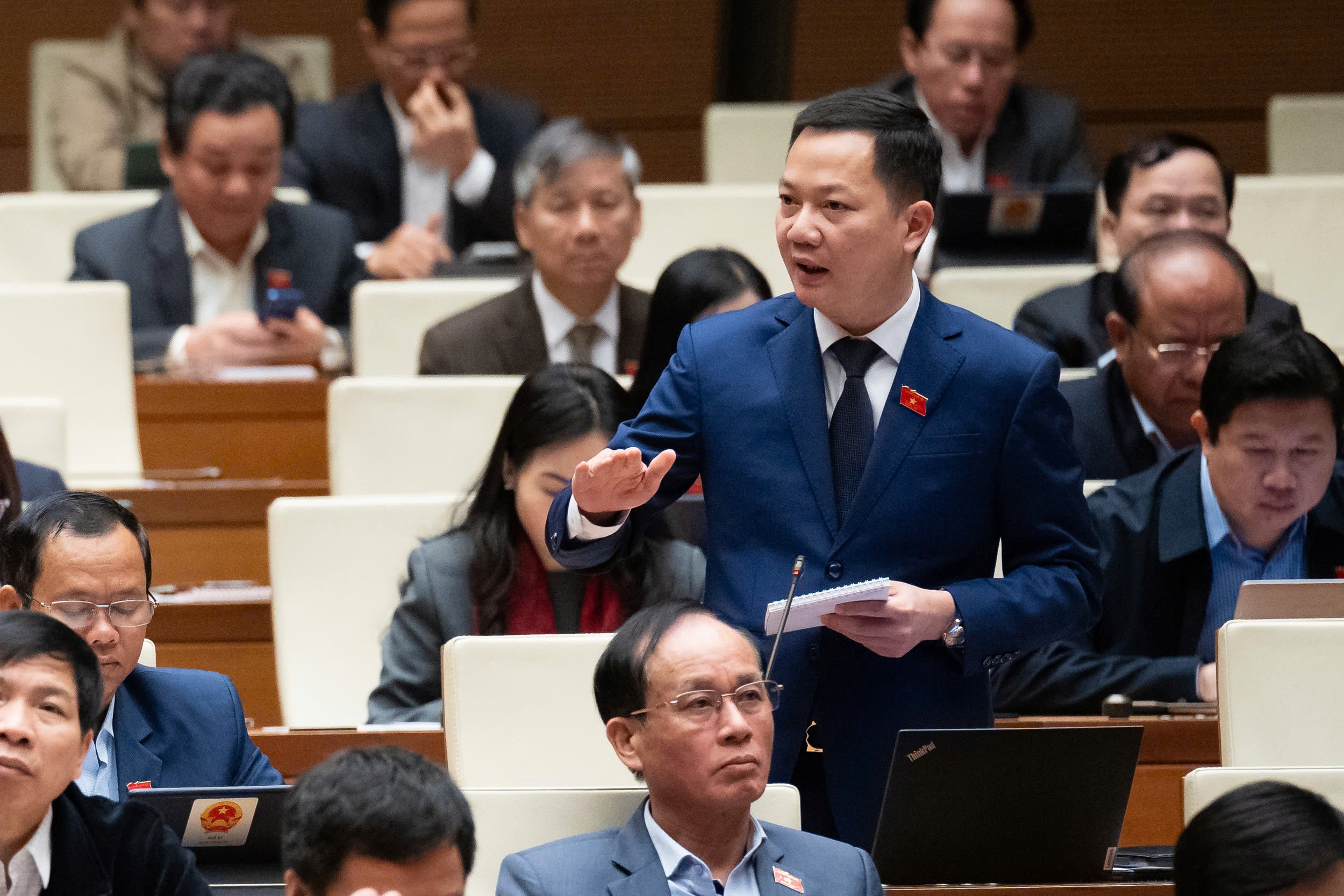
Delegate Trinh Xuan An (Dong Nai delegation) spoke at the discussion.
Accordingly, the draft states: organizations and individuals are exempted from civil liability if they cause damage to the State in the process of implementing scientific research and technology development projects, provided that they fully comply with the procedures and regulations on scientific research.
The organization in charge of a scientific and technological task using the state budget is also not required to refund the funds used if it has fully implemented the regulations, research processes and explanatory content but does not achieve the expected results.
Delegate Trinh Xuan An said that these regulations not only remove difficulties and obstacles but also strongly promote the development of science and technology.
However, if there is only a mechanism to exempt civil liability when causing damage to the State, it will not cover all the actual situation.
According to him, organizations and individuals implementing scientific and technological development projects, if they have fully complied with the process and ensured objectivity but caused damage to both the State and other organizations and individuals, should also be exempted from civil liability.
Along with that, the delegate said that it is possible to study the exemption of criminal liability for scientific research activities.
"I propose that there should be a mechanism to exempt individuals from criminal liability for scientific and technological research activities if they meet the criteria of objectivity and procedural processes. Otherwise, scientists are at great risk," Mr. An added.
According to him, this content can be studied to include in the pilot resolution, as a foundation in subsequent laws.
Then, when pressing the debate button, delegate Trinh Xuan An once again emphasized that scientific and technological research has extremely high risks, depends on the assessment of others, leading to great responsibility. Whether it is successful or not is also a risk.
According to him, the Penal Code has provisions on exemption from criminal liability for individuals and organizations conducting scientific and technological research, but the court is responsible for providing guidance. Therefore, there should be this mechanism to encourage scientists and ensure their safety.
On the other hand, according to the delegate, when considering exemption from liability, it is still necessary to analyze the effectiveness and assess the risks associated with the product output results, not all unsuccessful research is exempted from liability.
Should liability be waived in both testing and implementation?
Delegate Nguyen Thi Thuy (Bac Kan), Vice Chairwoman of the National Assembly's Judicial Committee, assessed that it is necessary to have specific regulations on piloting exemption from civil liability in scientific and technological research and testing.
Because according to her, currently, with the exemption from criminal liability, Article 25 of the Penal Code clearly states that if an agency, organization or individual has fully implemented the procedures and regulations, and fully applied preventive measures but still causes damage, it is not considered a crime and will not be prosecuted for criminal liability.
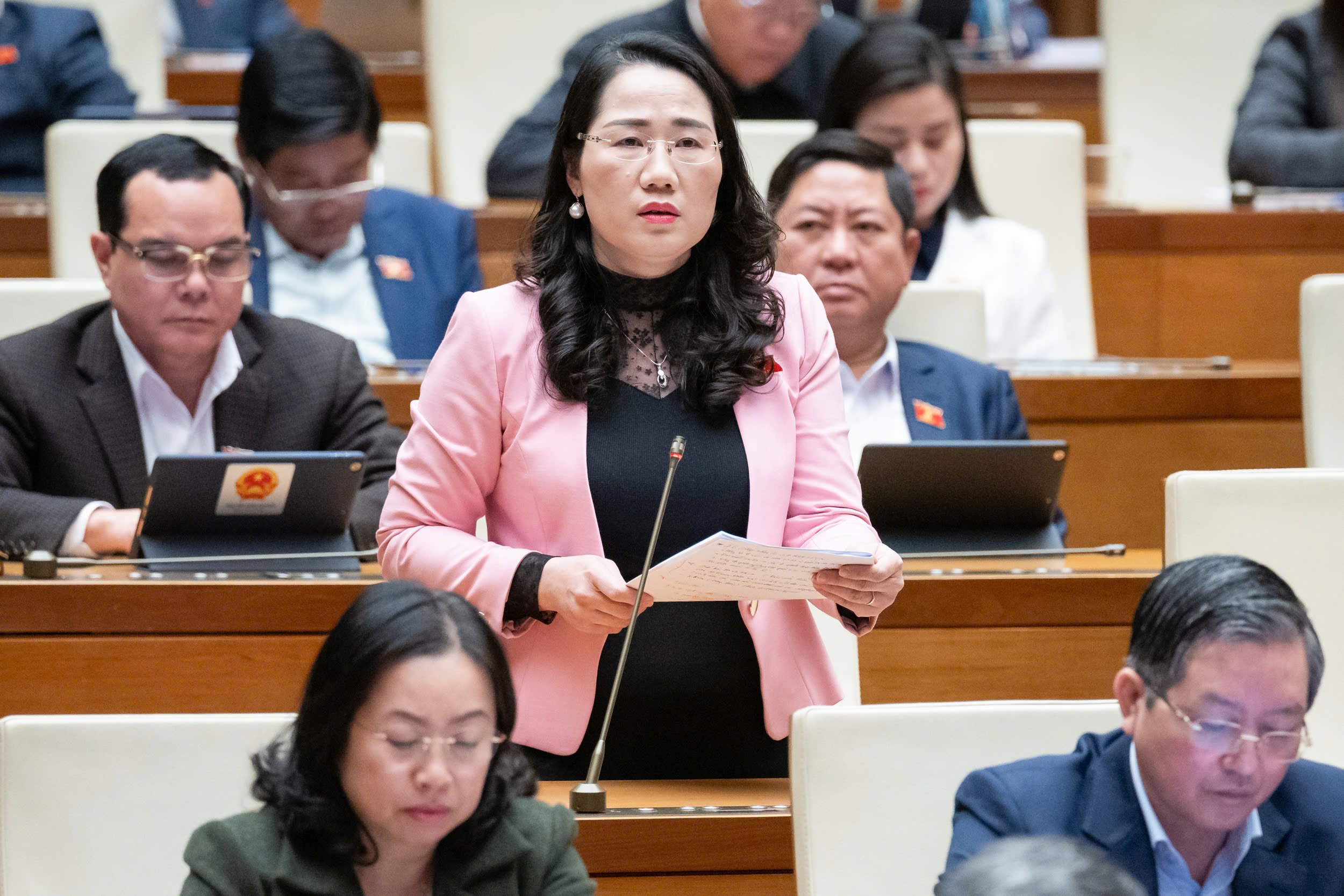
Delegate Nguyen Thi Thuy (Bac Kan) spoke at the discussion on the parliament floor on the morning of February 17.
As for the provision on exemption from civil liability in scientific and technological research, it is currently unclear, so scientific research agencies, organizations and individuals, even if they have followed the correct procedures and regulations but caused damage to the State, must still compensate for the damage according to the extra-contractual compensation mechanism. Therefore, the delegates agreed that Resolution 57 has added the exemption from civil liability.
However, the Bac Kan delegation proposed adding 4 more regulations on exemption from civil liability.
Firstly, it is necessary to stipulate that organizations and individuals conducting scientific and technological research and testing must fully apply the procedures and regulations in the research contract as well as legal regulations.
The second is to add exemptions in both testing and application.
In addition, organizations and individuals must not only fully apply procedures and regulations but also apply preventive measures but still cause damage to be exempted from civil liability.
Finally, research and testing are only exempted from liability in cases of causing damage to the State; if causing damage to other organizations or individuals, compensation must still be paid.
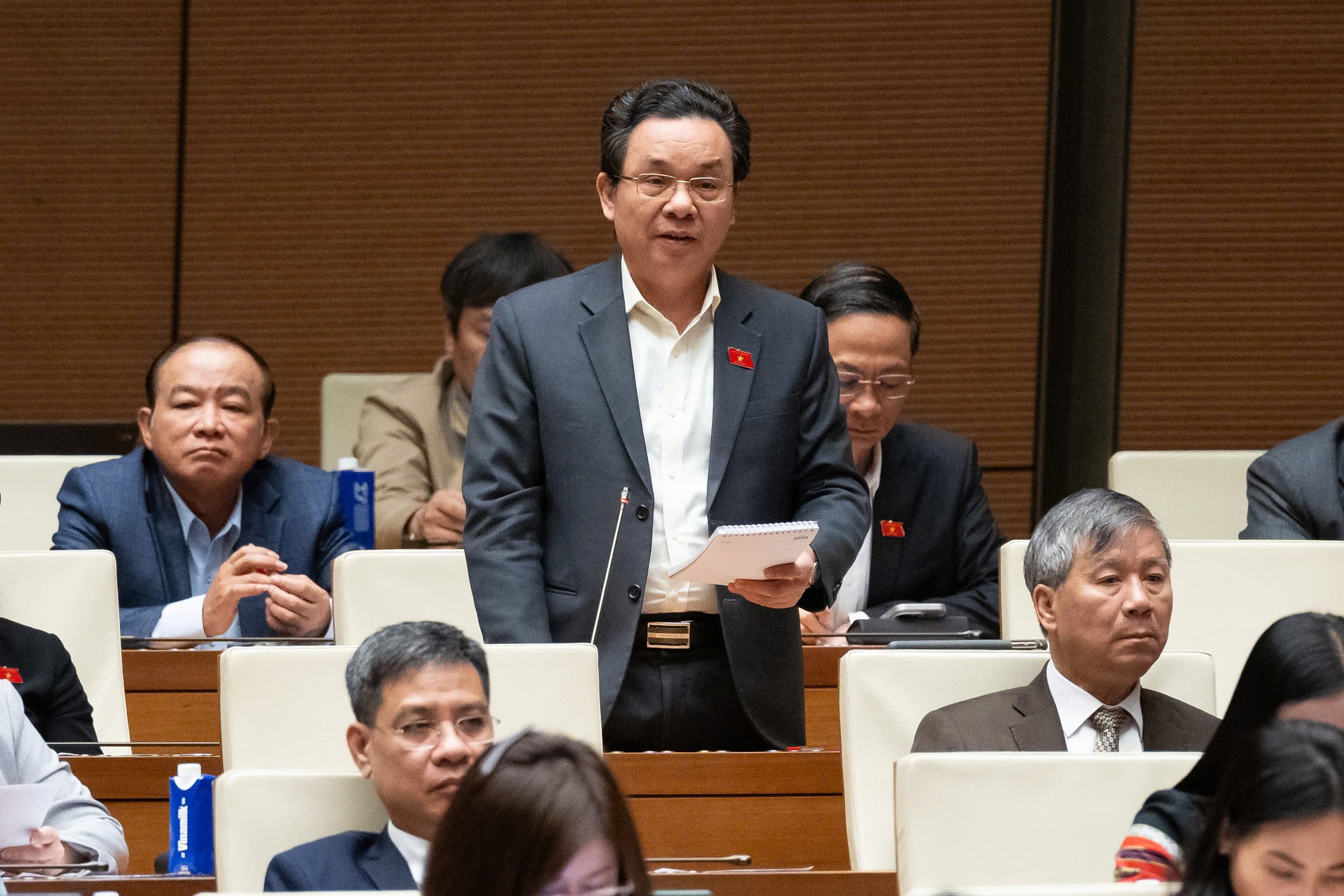
Delegate Hoang Van Cuong (Hanoi) expressed his opinion.
According to delegate Hoang Van Cuong (Hanoi), the draft resolution stipulates exemption from responsibility if the scientific research results are not satisfactory even though the correct procedures have been followed, but it should clarify in detail what "correct procedures" means here.
"Because if we are not careful, we can go in the direction of "must follow the law" and just obey the law and do nothing. We suggest revising it in the direction: When the research process and registered topic have been followed correctly but the results are not achieved, the funding does not have to be refunded," Mr. Cuong suggested.
Source: https://www.baogiaothong.vn/de-xuat-mien-trach-nhiem-hinh-su-tranh-rui-ro-cho-nguoi-nghien-cuu-khoa-hoc-192250217112755495.htm




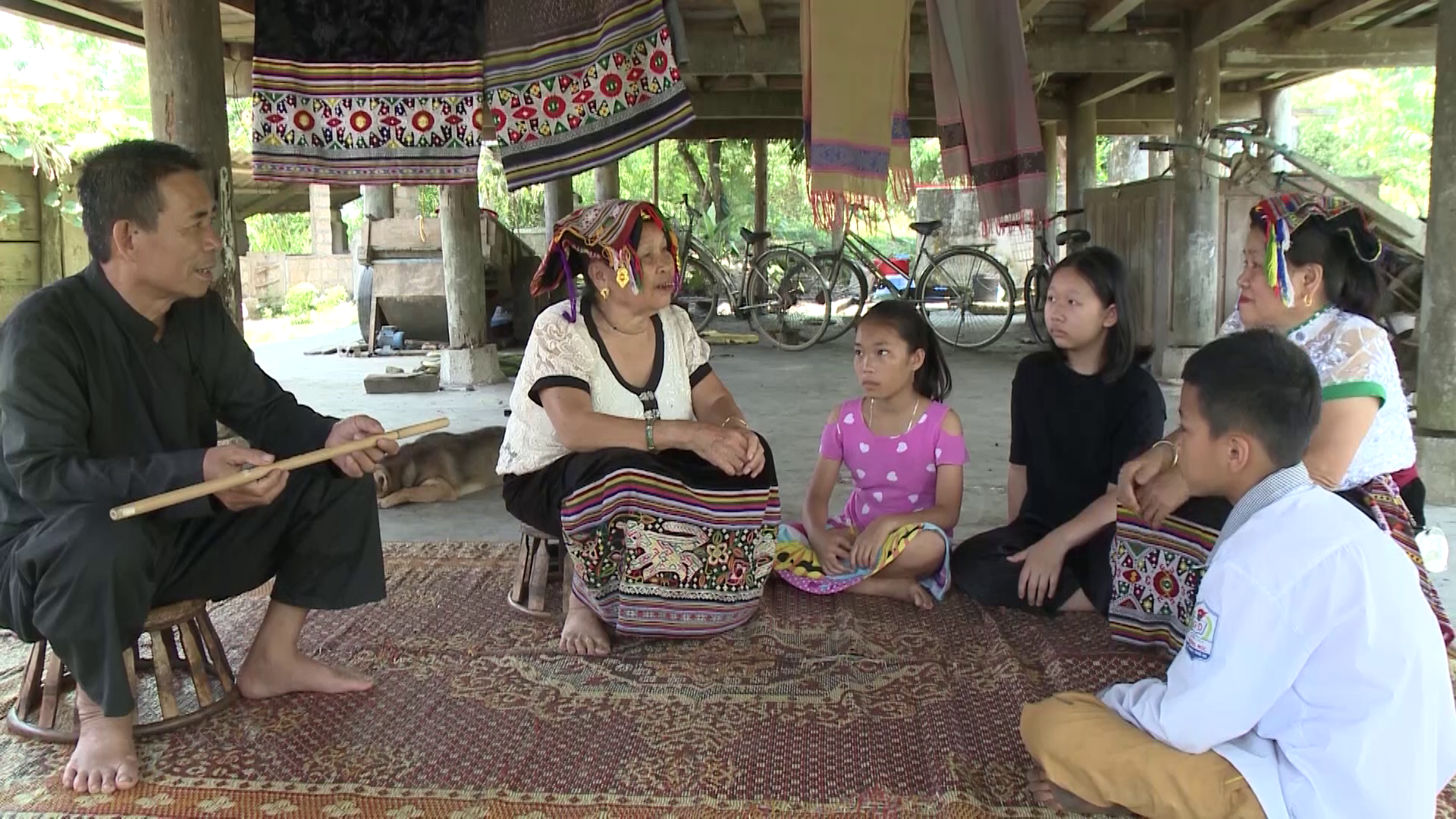



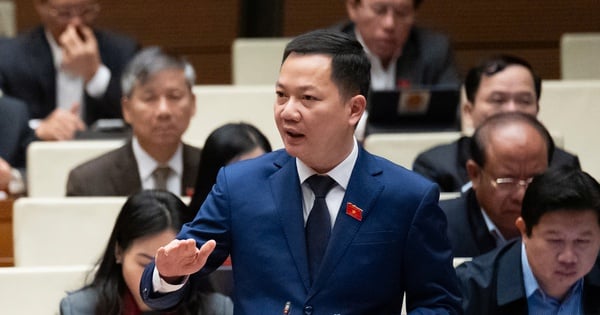


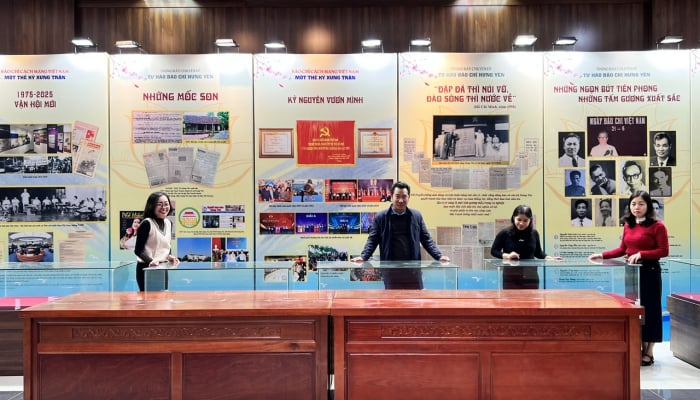



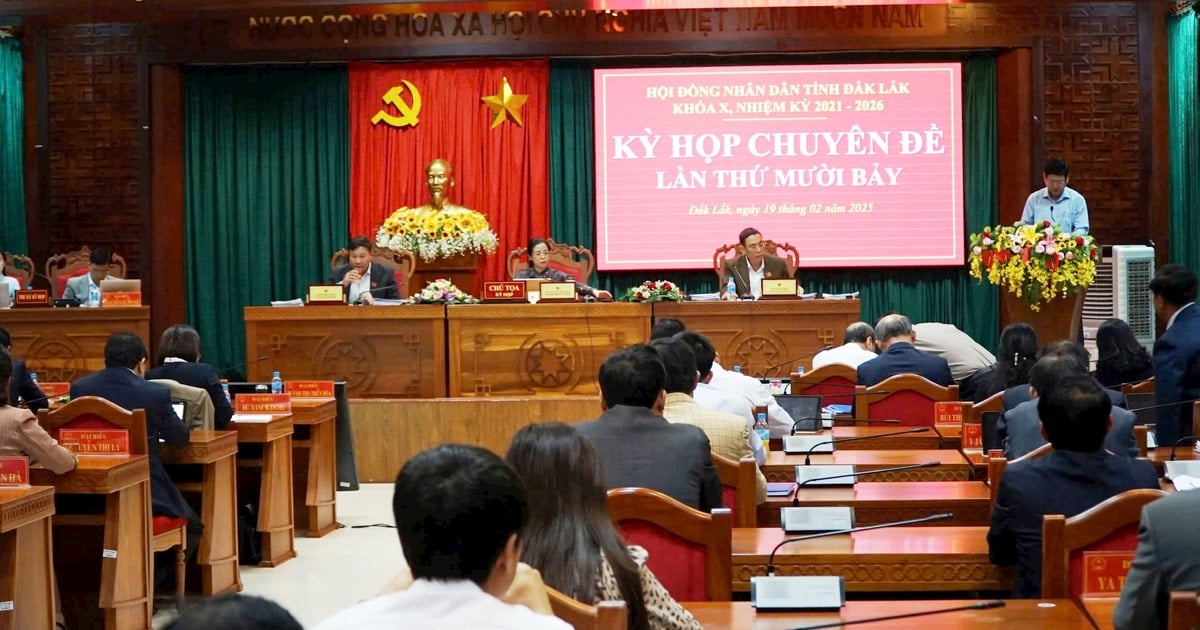

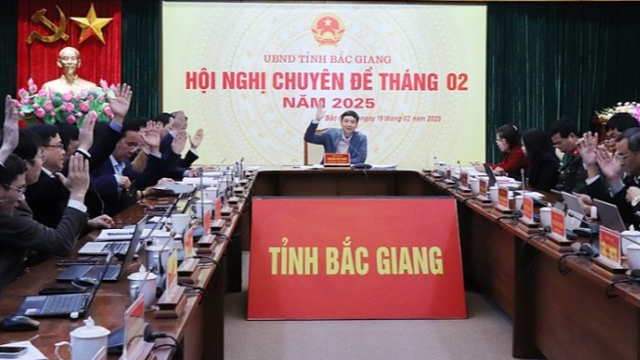

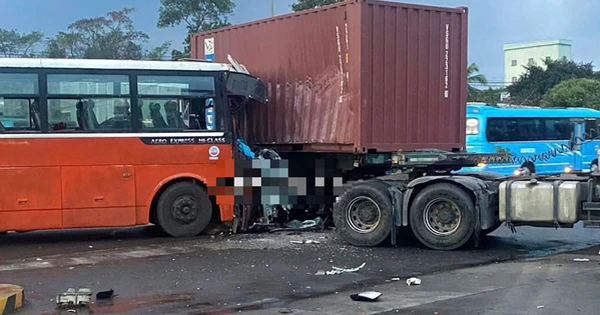


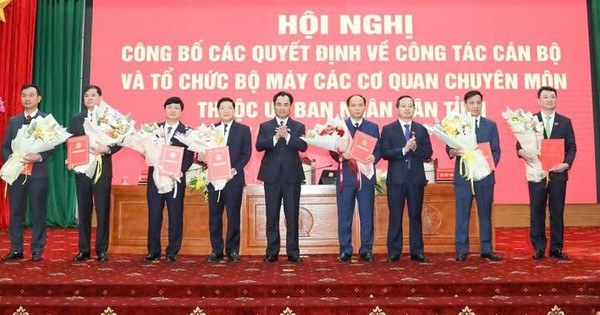

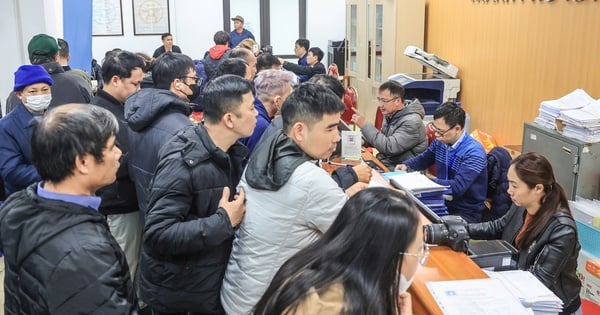
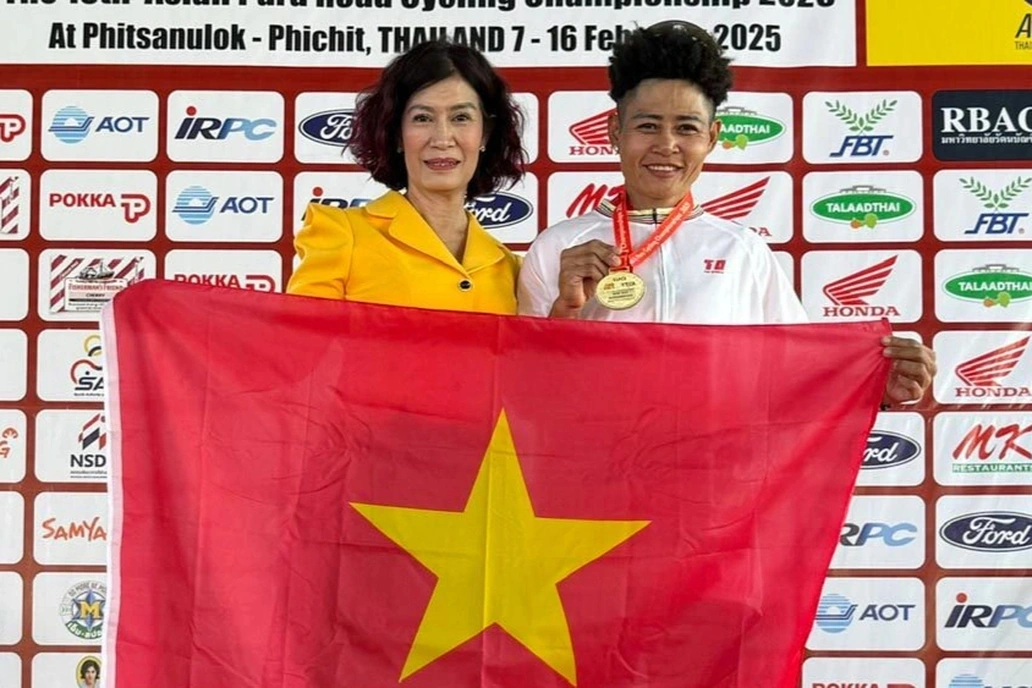

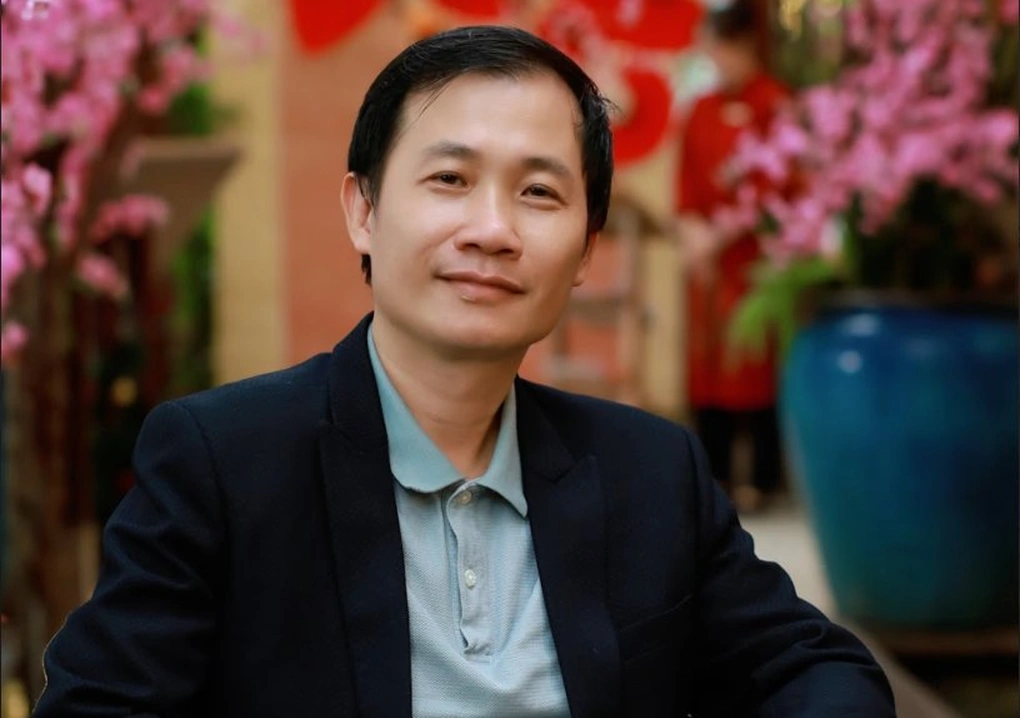

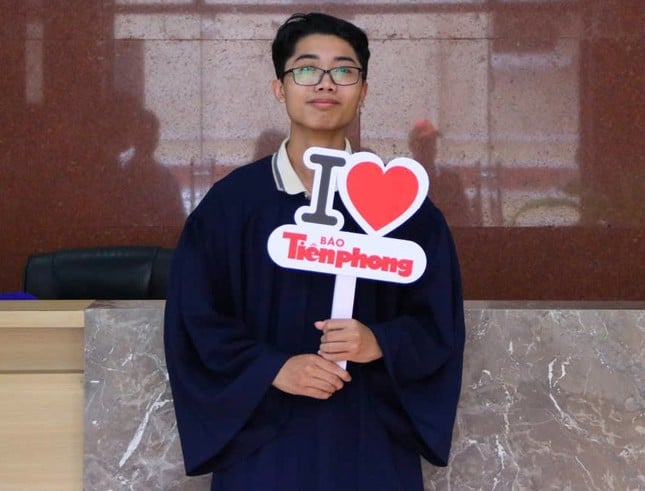

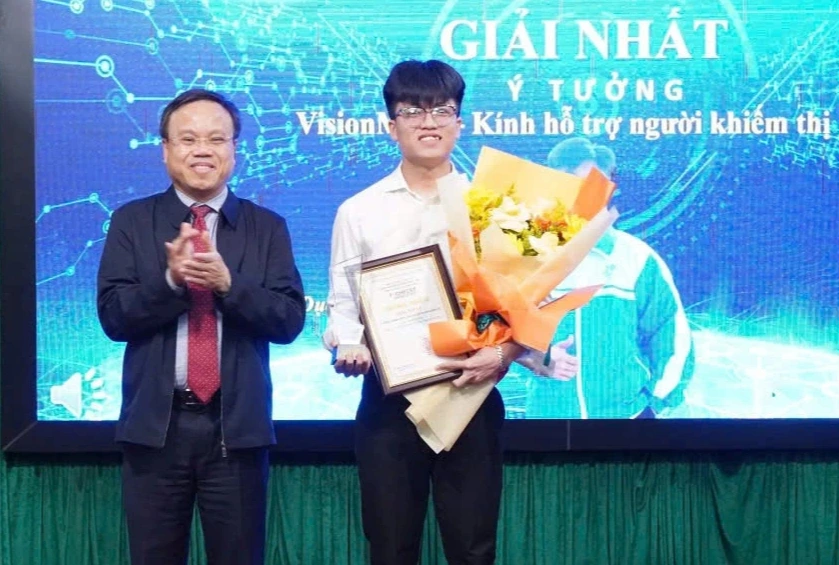


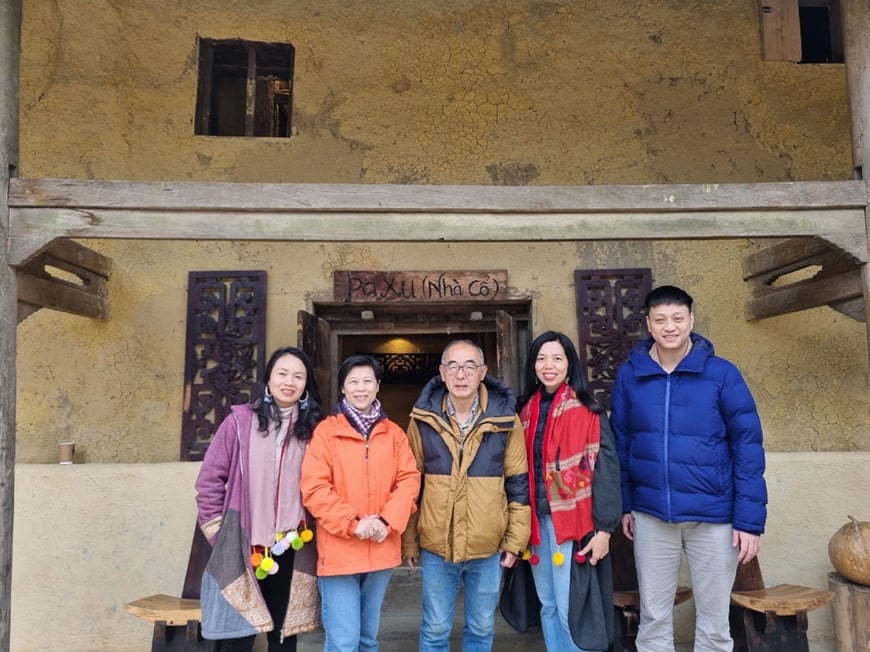



Comment (0)